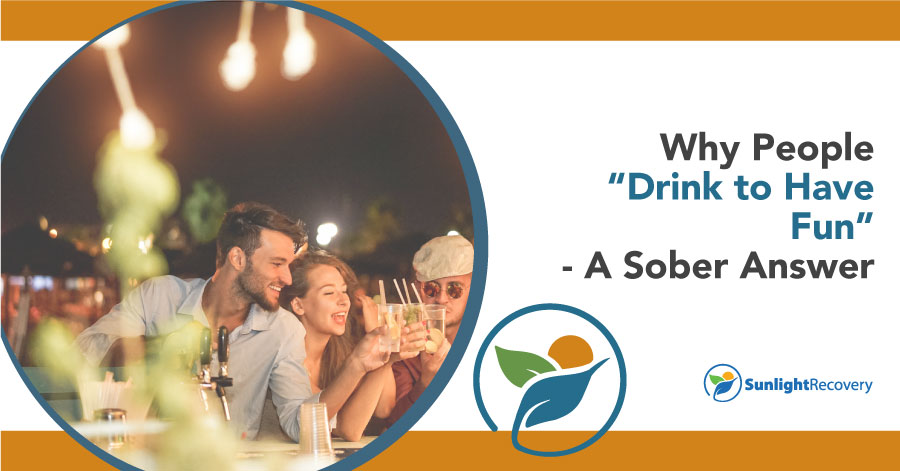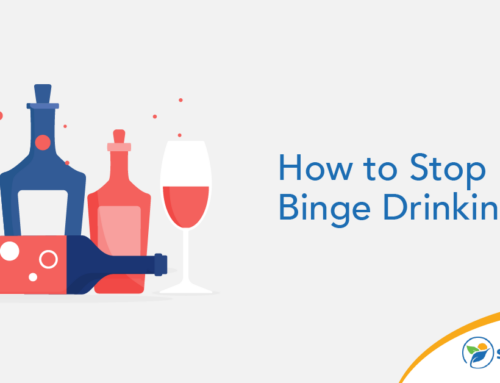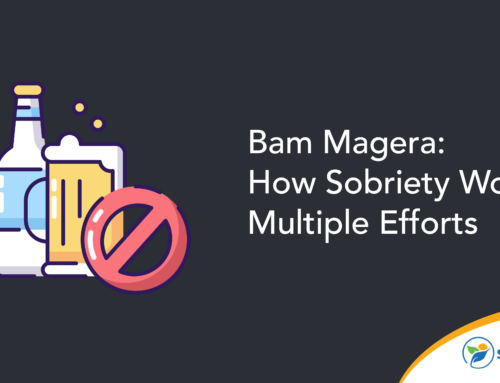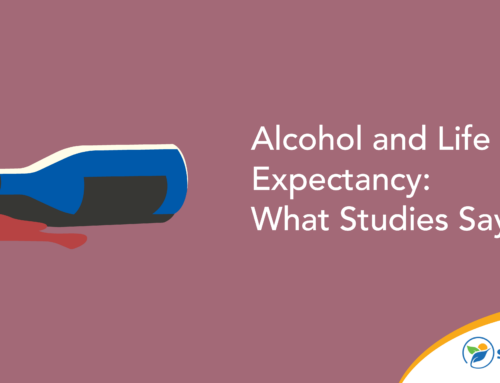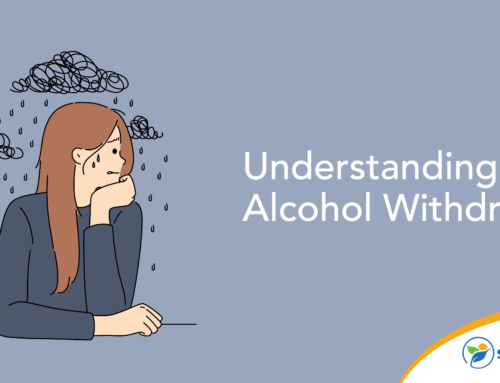Alcohol is the most commonly used substance in the United States, and as a result, it’s the most commonly abused as well. Nearly 70% of Americans drink, and up to 15 million adults have a substance abuse disorder. Very often, these problems begin with social drinking, in which alcohol is used in groups and to have a good time. This split, between the tragic consequences of alcohol abuse and the evident pleasure people get out of drinking, has led many people to ask, “Why do people like getting drunk?” The answers seem to be based in society and psychology as much as in chemistry and biology. To understand why people enjoy the sensation of being intoxicated, it helps to understand what alcohol is and how it affects human bodies.
What Is Alcohol?
Ethyl alcohol is a naturally occurring chemical that’s secreted by microbes called yeast. The chemical has a sterilizing effect on bacteria, which is why the yeast produces it in grain and other foods. Under the right conditions, humans can get the yeast to secrete up to an 8% solution of alcohol in mash. Above this, the mash gets too toxic even for the yeast, so people have to distill the mix to get higher concentrations of the alcohol. This is where hard liquors come from, and they may be up to (and in some cases above) 50% alcohol by volume.
What Does Alcohol Do to People?
Why does being drunk feel good? When you drink alcohol, the small molecules of the chemical rapidly pass into your bloodstream and travel to the brain. There, alcohol goes to work on almost every part of your cerebrum, affecting mood and perception, motor skills and judgment. This can produce a range of sensations, from euphoria and giddiness to nausea and fatigue. Over a night of heavy drinking, you might pass through several stages of intoxication as your body breaks down the chemicals in your blood and changes the balance in your body. Because alcohol is soluble in water, it passes in a few hours in most cases.
Why Do People Like Getting Drunk?
Why is drinking fun? In addition to its other effects, alcohol has a tendency to loosen up inhibitions and relax the person drinking it. For many people, especially in awkward or tense social situations, this can be just what they need to relax and enjoy themselves. Alcohol is also very effective in reducing shyness and making people feel bolder than they usually do, which is the source of the nickname “liquid courage.” For people shy about starting conversations with strangers, a moderate amount of alcohol can be the push they need to try talking to new people, leading many to think getting drunk is fun.
Another reason people often drink in social settings is peer pressure. It’s culturally the norm for people in Western countries to drink when they’re out in groups or to enjoy beer and wine together during social visits. For people who want to fit in with a group of friends, an unspoken pressure applies that encourages them to drink when they otherwise wouldn’t. For young adults, a variety of binge-drinking cultures operate in various settings, especially college campuses, in which drinking dangerously large amounts of alcohol is almost a requirement for membership in peer groups.
Is It Time to Reexamine Your Drinking?
Some social drinking is fairly normal, but it can easily slip into problem territory for many people. While there’s no single sign that your drinking has become an issue, you definitely need to keep an eye out for some of the most common warning signs that your drinking is getting out of control:
- Drinking alone, not in a social setting
- Drinking shortly after waking up, rather than in the evening after the day is largely over
- Drinking every day, rather than on weekends or vacation
- Hiding how much you drink or even lying about your intake of alcohol to loved ones
- Feeling worry or unease at the thought of going without alcohol, or feeling intense cravings for a drink when you haven’t had one for a while
- Having your use of alcohol stay steady or increase in the face of mounting health, family and financial consequences
You Do Not Need to Drink
Nobody has the right to pressure you into drinking. If drinking alcohol or using other substances is a condition of associating with a person you know, it’s possible they have an issue with substance abuse themselves and are seeking a “drinking buddy” who can make them feel better about their own use. You don’t have to participate in this if you don’t want to, and the healthier option may be to speak with your friend about healthy boundaries. If you feel pressured by a spouse or another close loved one to drink, it might be a good idea to seek therapy for yourself, especially for codependence, and build up your resistance to undue pressure in your relationship.
If you find you’re not enjoying alcohol the way you used to or your evenings out are less fun than they were before, it could be a sign that you’re naturally aging past the bar-and-party stage of early adulthood. It could also be that you’re developing a tolerance for alcohol’s effects and it’s taking more and more to make you feel loose and euphoric like you did in the past. Because alcohol is a depressant, excess drinking like this can make you feel more fatigued and depressed than happy, which is a solid sign it might be time to cut back or stop.
Is There Fun After Alcohol?
You don’t have to drink to have fun, and you certainly don’t have to get drunk when you’re out with your friends. Here are some things you can do instead of drinking or that groups of non-drinkers often do when they want to have a good time without getting drunk:
- Alcohol-free dinners and parties, where everything is normal but there’s no beer, wine or liquor
- Meetups at the gym for group workouts
- Card games, barbecues and other social events you can do at a friend’s house sober
- Going for drives, playing with kids or any other activity where drinking is basically impossible
If you’ve been struggling with alcohol use or feel you might have a problem with drinking, you aren’t alone. Call a recovery specialist at Sunlight Recovery today at (888) 402-3647. Our team of counselors is here for you 24/7. Start your journey to recovery today.


